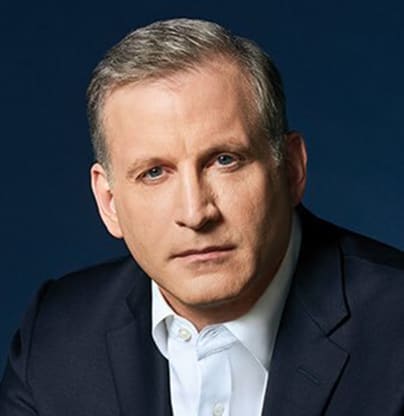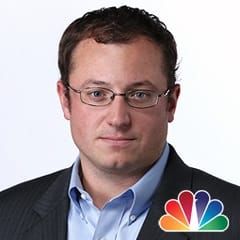Federal authorities seized 15,000 kilos of cocaine, worth as much as $1 billion, at a Philadelphia shipping port, officials said Tuesday.
There were 16.5 tons of the drug found in seven shipping containers late Monday night, officials said.
“This is one of the largest drug seizures in United States history,” U.S. Attorney for the Eastern District of Pennsylvania William McSwain tweeted. “This amount of cocaine could kill millions — MILLIONS — of people. My Office is committed to keeping our borders secure and streets safe from deadly narcotics.”
The street value of all the seized cocaine could be as high as $1 billion, according to federal prosecutors in Philadelphia.
The illicit haul was found aboard a cargo ship, the MSC Gayane, which had traveled from Chile, Panama and the Bahamas, according to NBC Philadelphia.
A senior law enforcement official told NBC News that authorities believe the ship was loaded with the drugs in the Bahamas.
“Homeland Security Investigations and Customs and Border Protection are leading a multi-agency inspection of shipping containers aboard a merchant ship at the Port of Philadelphia,” Immigration and Customs Enforcement said in a statement. “We will release additional details when it is appropriate to do so.”
The shipping company MSC thanked federal authorities for making the bust.
“MSC takes this matter very seriously and is grateful to the authorities for identifying any suspected abuse of its services,” according to a company statement.
“Unfortunately, shipping and logistics companies are from time to time affected by trafficking problems. MSC has a longstanding history of cooperating with U.S. federal law enforcement agencies to help disrupt illegal narcotics trafficking and works closely with U.S. Customs and Border Protection (CBP),” the statement said.
Deaths linked to cocaine abuse have been on the rise, according to the Centers for Disease Control and Prevention.
The troubling trend began around 2012, before cocaine-related deaths jumped 34 percent from 2016 to 2017, the CDC said.
David K. Li contributed.













